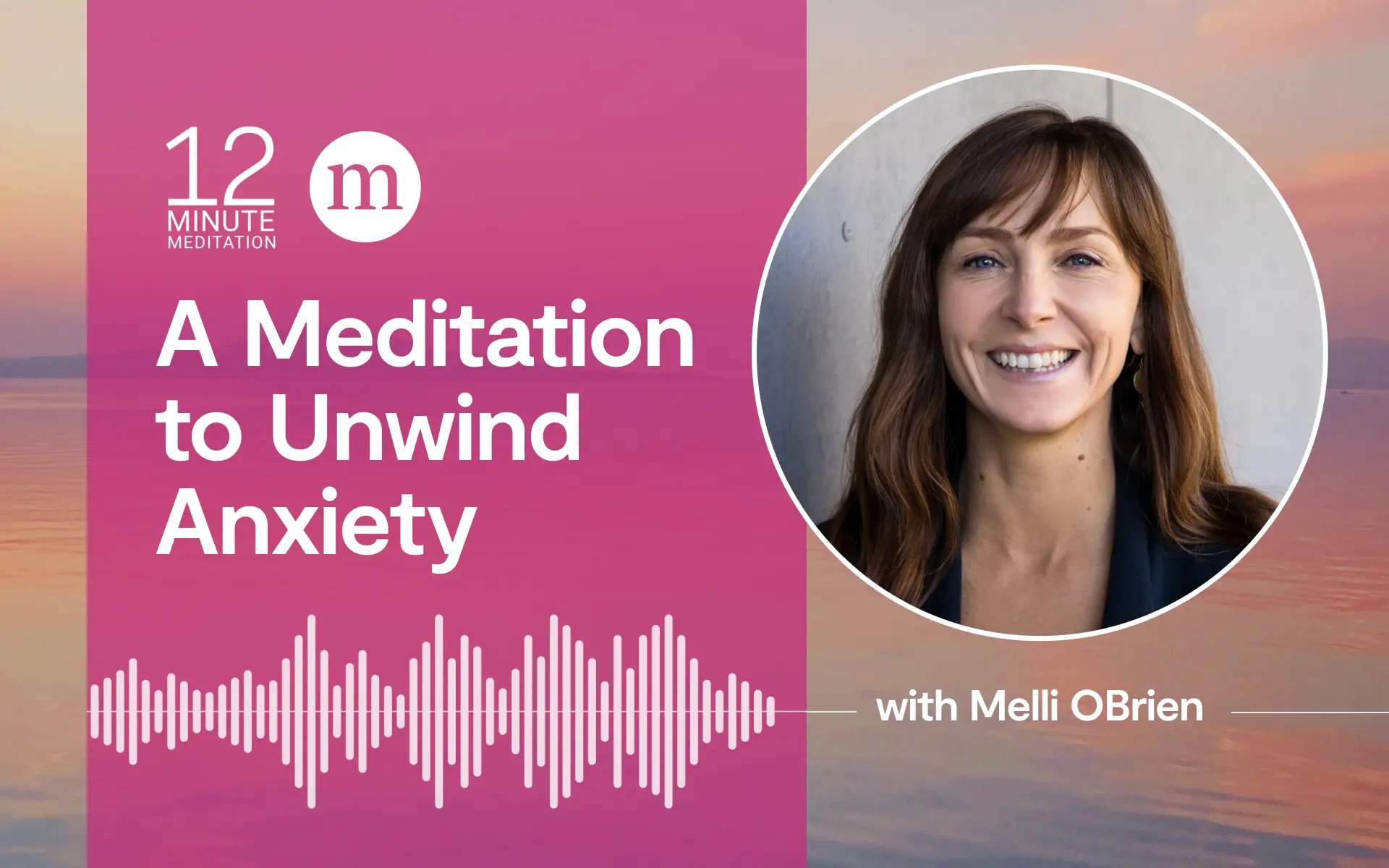1. Savor life’s joys. Pay close attention to life’s momentary pleasures and wonders, and share them with others through writing, drawing, music, or photography.
Tip: Commit to taking a photo every day of something that captures your attention. Try it for a week, a month, or even a whole year if you’re feeling ambitious.
2. Drop grudges. When we forgive those who have wronged us, we feel better about ourselves, experience more positive emotions, and feel closer to others.
3. Get moving. Regular exercise increases self-esteem, reduces anxiety and stress, and may well be the most effective instant happiness booster of all.
4. Give thanks. Research reveals the enormous power of simply counting our blessings. Regular expressions of gratitude promote optimism, better health, and greater life satisfaction.
5. Keep friends close. Social connections are a key to happiness. Research indicates that it’s quality more than quantity: Make time for those closest to you.
Tip: Think about important relationships in your life and choose one that is not as strong as it could be. Invest time and energy in healing, cultivating, affirming, and enjoying the friendship, without laying it on too thick. Listen to what the other person needs.
6. Get with the flow. At home and at work, seek out more challenging and absorbing experiences in which you “lose yourself,” experiencing what researchers call flow.
7. Practice kindness. Being kind to others makes us feel good. Feed a stranger’s parking meter, donate blood, help a friend with homework, visit an elderly relative, write a thank you letter. Altruistic acts light up the same pleasure centers in the brain as food and sex.
Altruistic acts light up the same pleasure centers in the brain as food and sex.
Tip: Choose a day this week and perform five acts of kindness—all five in one day. The acts don’t need to be for the same person, the person may or may not be aware of the act, and the act may or may not be similar to the ones listed above. Don’t do anything that may place yourself or others in danger.
8. Look on the bright side. Keep a journal in which you imagine and write about the best possible future for yourself, or practice looking at the bright side of every situation.
9. Avoid over-thinking and comparing. Use strategies to cut down on how often you dwell on your problems, and guard against comparing yourself to others.
Sample strategies: Notice what triggers bouts of negative rumination (certain situations, times of day, people) and play dodgeball (i.e., get out of the way); absorb yourself in rewarding activity and let obsessive thoughts recede into the background; if something needs attention, set aside time to think about it and/or talk about it with a friend and take action when possible.
10. Recall three good things. It’s easy to get caught up in the things that go wrong and feel like we’re living under our own private rain cloud. At the same time, we tend to take the good things and people in our lives for granted. List three positive things that happened in your day—and consider what caused them—it encourages you to tune into the sources of goodness in your life.







